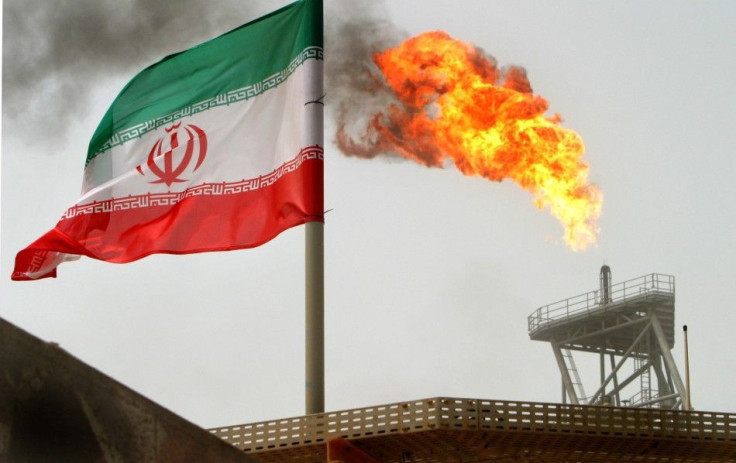Oil Prices Fall as Saudi Denies Explosion Report

Oil prices fell Friday following the confirmation from Saudi Arabia denying the pipeline explosion in the Kingdom.
In electronic trading on the New York Mercantile Exchange, oil for April delivery dropped by 42 cents to $108.42 a barrel. On the London-based ICE Futures Europe Exchange, Brent oil for April settlement slipped 58 cents, or 0.5 percent, to $125.62.
On Thursday Brent crude had jumped $5.74 to $128.40 per barrel in New York following reports that a pipeline exploded in Saudi Arabia. This was the highest price since July 2008, when reached a record $147.50.
Recently, a number of concerns have been resulting in the surging prices of oil.
Following rising tension between Iran and West oil prices have been rising. European Union buys about 18 percent of Iran's total crude exports.
Western nations, including the U.S., have alleged that Iran is building a nuclear weapon, a claim which Tehran has denied. European Union governments had agreed to halt oil purchases from Iran, which is the second-largest producer in the Organization of Petroleum Exporting Countries.
In response, Iran has threatened to withhold oil deliveries and block the Strait of Hormuz, through which a fifth of the world's oil flows. U.S. President Barack Obama and Israel Prime Minister Benjamin Netanyahu are scheduled to meet in Washington on March 5 to discuss the issues relating to Iran.
Also oil was trading at a high prices following expectation of increasing demand as eurozone finance ministers had agreed on a rescue package for Greece. Last month, oil prices also rose on China's decision to boost the money supply in a bid to spur lending and economic growth.
© Copyright IBTimes 2025. All rights reserved.





















